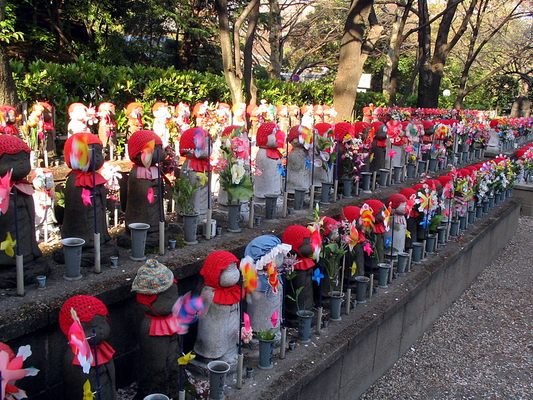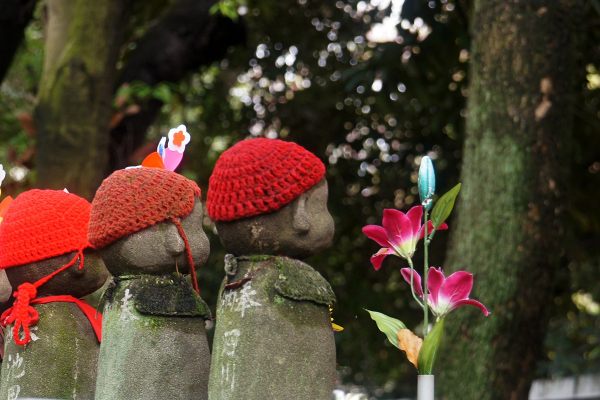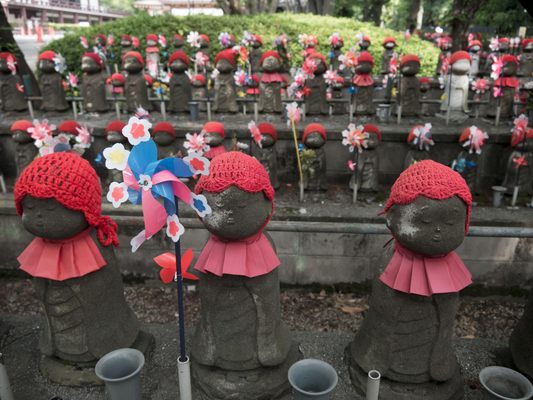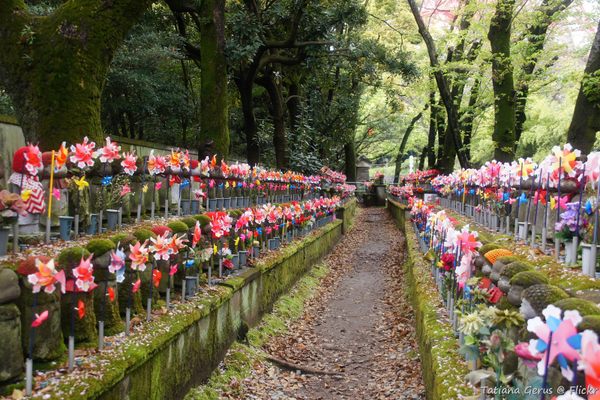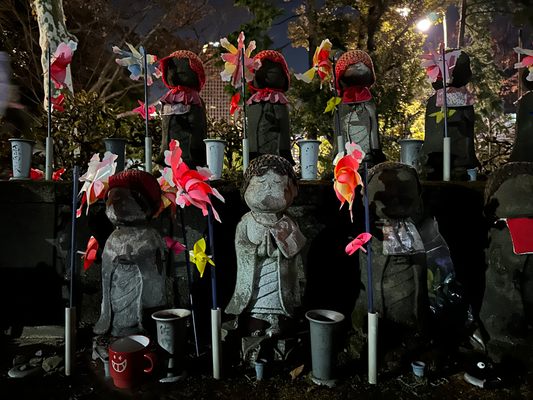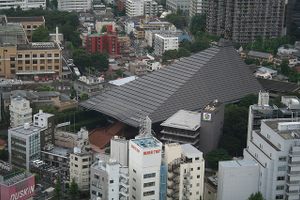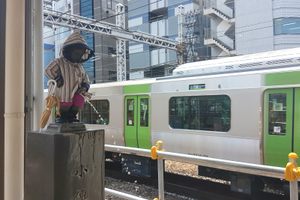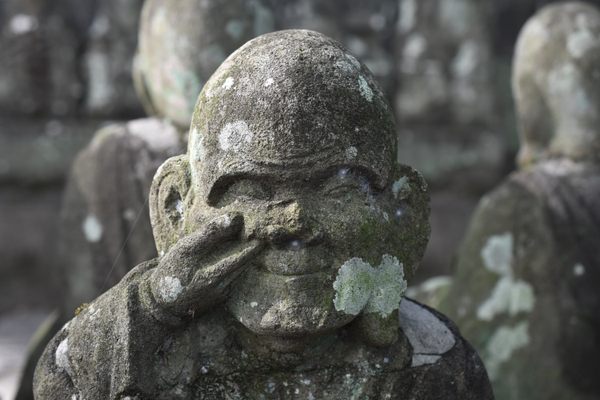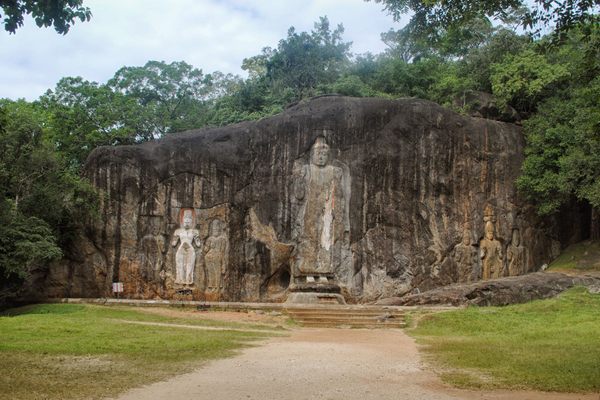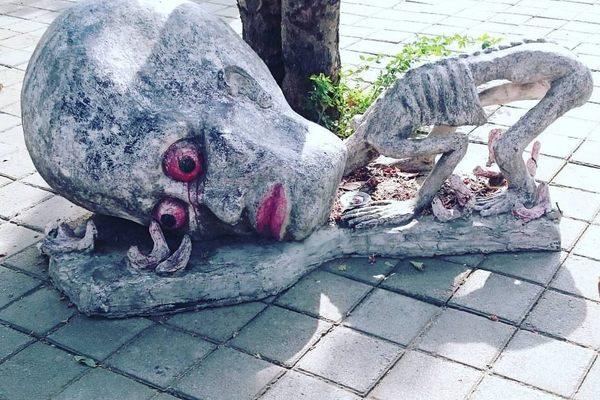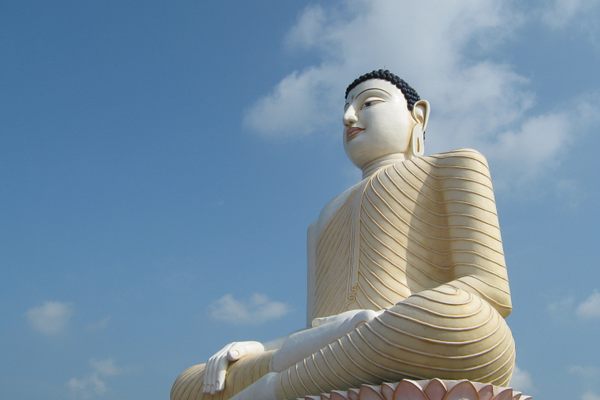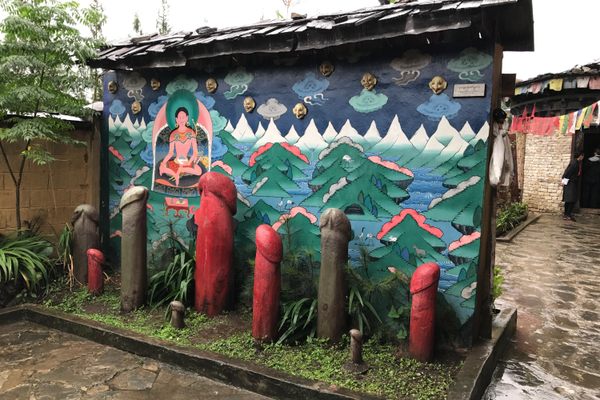About
Zojoji Temple, which dates back to the 14th century, is the main shrine of the Jodo-shu sect of Buddhism. The 600-year-old temple houses the mausoleum of the then-ruling Tokugawa family, including the remains of six shōguns. Visitors that wander the grounds of this historic temple will also come across a unique and somber space, the Unborn Children Garden.
This garden is filled with stone Jizo statues representing unborn children lost to miscarriages, abortions, or stillbirths. Some of the statues are decorated with clothes and toys to help families through the grieving process. It’s also a place to leave offerings for Jizobosatsu, the Buddhist protector of women and children, to assure the souls make it safely to the afterlife.
Once a month, Zojoji Temple carries out the Mizuko Kuyo, a memorial service available to anyone who’s had a pregnancy loss, stillborn, or perinatal loss. Participants make small red cloth pouches for offerings to their chosen "figure of compassion," such as Jizo or even Jesus. The pouches are draped around the statue while incense is lit and the priest chants. The ceremony is short and simple, but powerful. The offerings are left in the prayer room for a month before being moved to a fence in the garden.
Related Tags
Know Before You Go
Originally built around 1393, Zojoji Temple has gone through multiple restorations, especially after the damages incurred in World War II. The main gate is the only original part of the complex remaining, while the rest is a recreation. There is a small museum in the basement of the temple that shows previous versions of the mausoleum. The Unborn Children Garden is in the back of the temple along the side.
Hidden Japan: Sado Island, Nara & Kyoto
Explore a different side of Japan.
Book NowCommunity Contributors
Added By
Published
October 3, 2018
